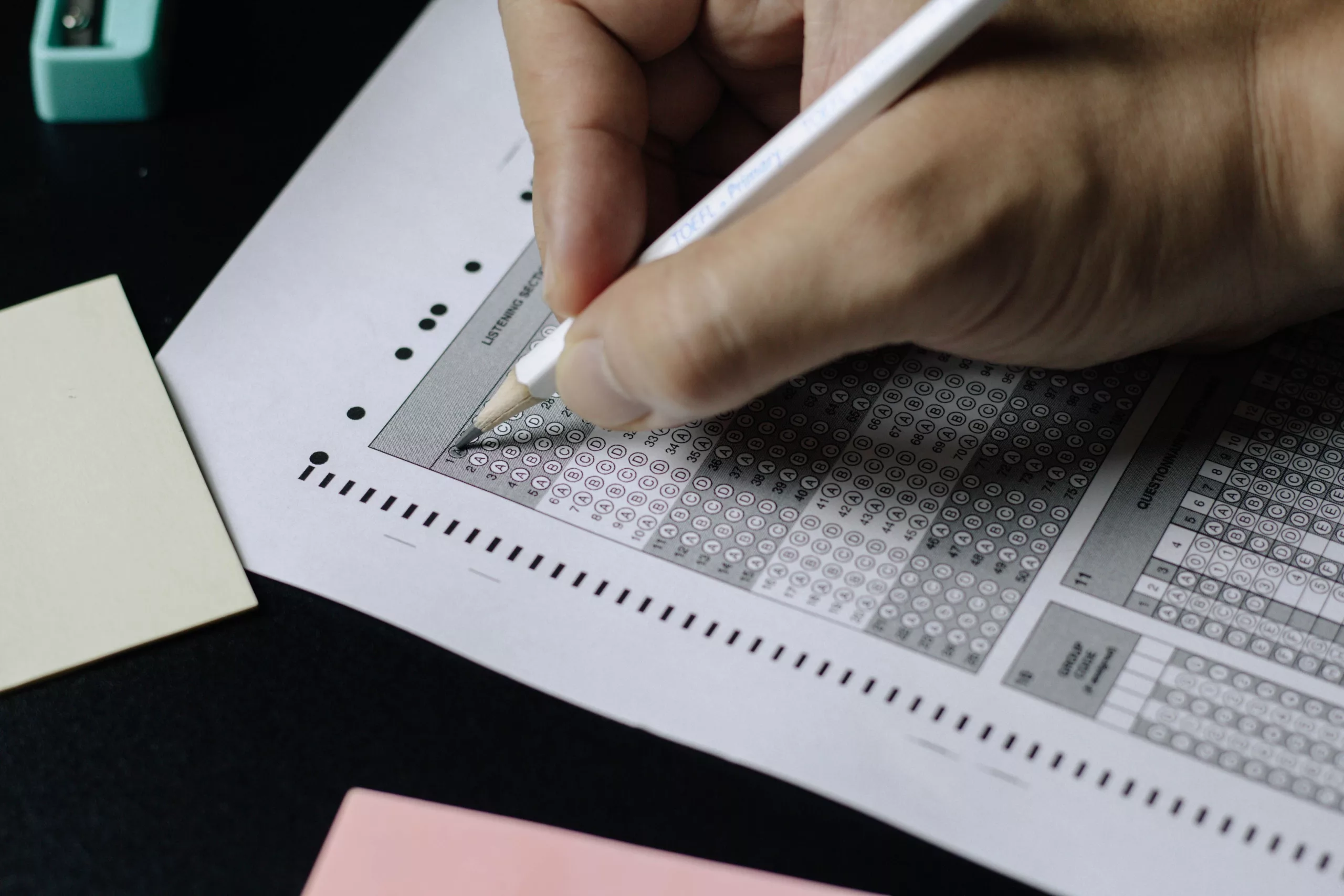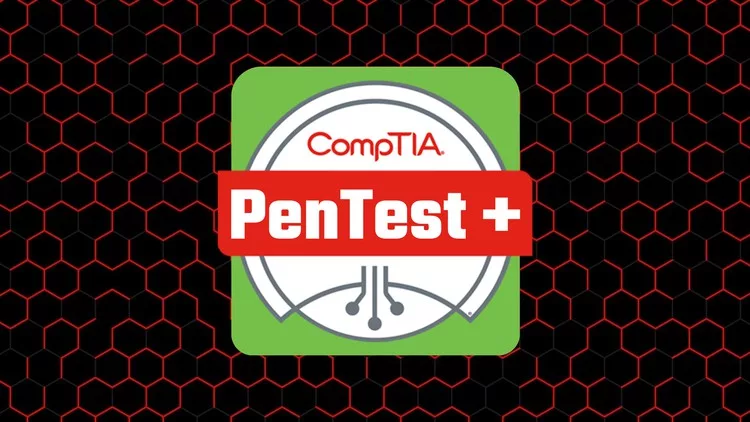The State Bank of India (SBI) Clerk Exam is one of India’s most sought-after banking exams. Aspiring candidates often wonder about the exam pattern, the types of questions asked, and the difficulty level. To shed light on these aspects, this demystifying article takes you on a journey through sbi clerk previous year question paper. By the end of this article, you’ll have a clearer understanding of what to expect when preparing for the SBI Clerk Exam.
Understanding the SBI Clerk Exam
1. Preliminary Exam: In this stage, applicants’ English language, numerical ability, and reasoning ability are tested. It consists of multiple-choice questions (MCQs).
2. Main Exam: After clearing the preliminary exam, candidates must appear for the main exam. The main exam covers additional subjects such as General/Financial Awareness, General English, Quantitative Aptitude, Reasoning Ability and Computer Aptitude.
The Importance of Past Year’s Questions
1. Understanding Exam Trends: Past year’s questions can reveal patterns and trends in the frequently asked questions. This insight lets you focus your preparation on areas more likely to be tested.
2. Identifying Important Topics: By reviewing the previous year’s questions, you can identify the topics that carry more weight in the exam. This helps you allocate your study time more effectively.
3. Practicing Time Management: Solving past year’s questions under timed conditions helps you improve your time management skills, a critical aspect of success in competitive exams.
Key Subjects and Their Past Year’s Questions:
English Language
The English Language is an integral part of the SBI Clerk Exam. Here are some of past year’s questions that highlight the types of questions you can expect:
1. Vocabulary:
Synonyms and Antonyms: Candidates have been asked to identify synonyms for words like “Amicable” and antonyms for words like “Divergent.” Idioms and Phrases: Questions often include phrases like “A penny for your thoughts” and ask candidates to choose the correct meaning.
2. Grammar:
Spotting Errors: You may encounter sentences with grammatical errors, and you’ll be required to identify and correct them. Sentence Improvement: Questions involve improving sentence structure and grammar.
Numerical Ability
Numerical ability assesses your mathematical skills. Here are some of past year’s questions:
1. Simplification:
Candidates have been asked to simplify addition, subtraction, multiplication, and division expressions. Questions may also include approximations to test estimation skills.
2. Data Interpretation:
Past questions have included tables, bar graphs, and pie charts, requiring candidates to extract and analyze data.
Reasoning Ability
Reasoning Ability evaluates your logical and analytical thinking. Here are examples of past year’s questions:
1. Puzzle and Seating Arrangement:
Candidates have faced puzzles like arranging people in a circular seating order with certain conditions. Linear arrangement puzzles have been popular as well.
2. Coding-Decoding:
Questions may involve coding words or phrases using a specific pattern. Decoding questions require you to decipher the code.
General/Financial Awareness
1. Banking and Financial Terms:
Questions have covered terms like CRR (Cash Reserve Ratio), NEFT (National Electronic Funds Transfer), and NPA (Non-Performing Asset).
2. Current Affairs:
Events and developments from the past year are frequently tested, so staying updated is essential.
Quantitative Aptitude
1. Profit and Loss:
– Questions often involve calculating profits, losses, and selling prices.
2. Time and Work:
– Candidates have been asked to determine how long individuals complete a task together.
Conclusion
The sbi clerk previous year question paper provides insights into the exam pattern, helps you identify important topics, and allows you to practice time management. Remember to use this knowledge to supplement your overall preparation strategy, including regular practice, mock tests, and continuous improvement.




